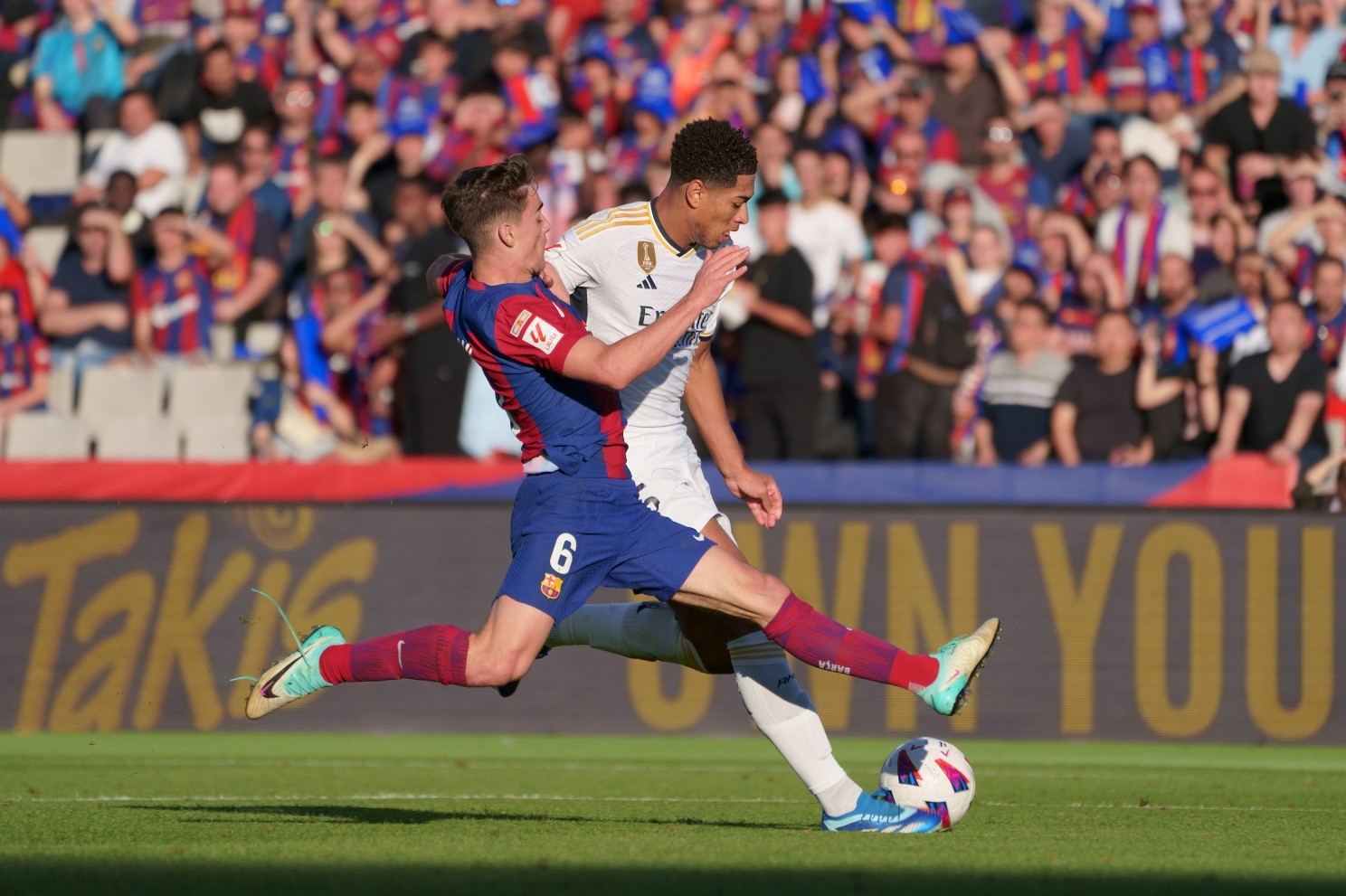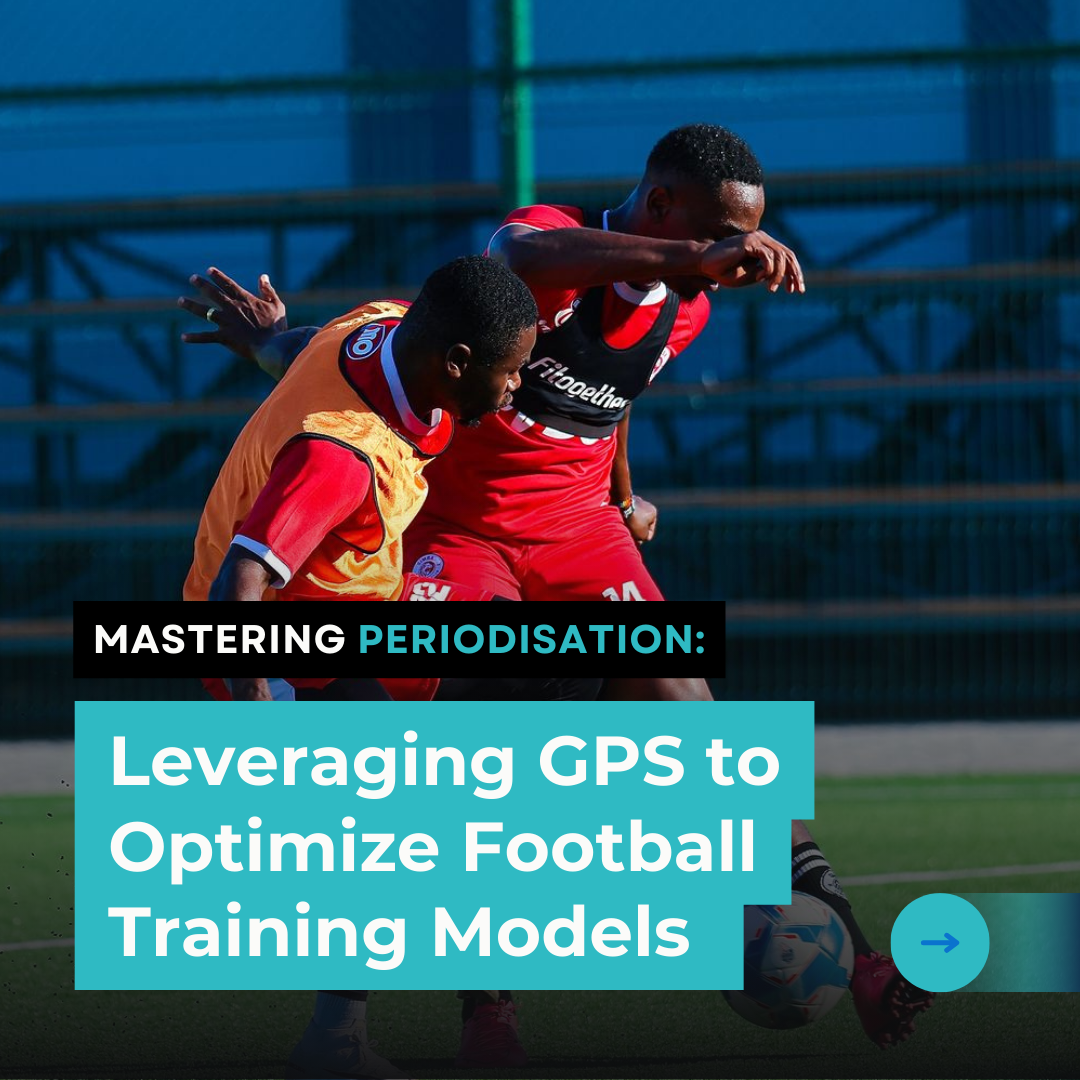Winter Workload Management: Lessons from GPS Data in Elite Football
Holiday Time : A break or A busy period?

As the festive season approaches, elite football teams across Europe prepare for contrasting challenges. While many European leagues enjoy a three-week winter break, English teams brace themselves for the busiest period of the season. With a relentless schedule that often includes around 4-5 matches in the same period of time, players face immense physical and mental strain. For teams without the luxury of a break, embracing sports science and technology becomes crucial to navigating this challenging period. GPS monitoring, a cornerstone of modern sports science, offers invaluable insights into player workload, recovery, and injury prevention, helping teams thrive under the most demanding conditions.
Seasonal Context: The Christmas Challenge
In European leagues like La Liga, Serie A, and the Bundesliga, the winter break offers a rare opportunity to reset.
Players can recover from accumulated fatigue through individual programs to keep them ticking over before returning to training, where they can refocus their strategies for the second half of the season.
Meanwhile, in England, the festive fixtures bring both excitement and exhaustion.
The Premier League and EFL Leagues pack in matches during December and January, with little time for recovery.
This relentless schedule often leads to increased fatigue, meaning that the risk of injury increases as well, emphasizing the need for strategic workload management.
GPS technology provides a solution by offering real-time and post-match data on player performance. Metrics like total distance covered, high-speed running, sprint distance, and number of explosive accelerations and decelerations give coaches a clear picture of each player’s physical output, enabling informed decisions on training and recovery and potential insights into player rotation in the games.
GPS in Action: Monitoring Workload
The cornerstone of GPS technology is its ability to monitor workload with precision. Key metrics include:
- Total Distance: Helps coaches understand the overall physical volumes and demands placed on players during matches and training sessions.
- High-Speed Running and Sprint Distance: Indicates the intensity of a player’s performance, crucial for positions requiring explosive actions and actions that can result in overuse and non-contact injuries.
- Fatigue Indicators: A decline in sprint performance or high-speed running over consecutive games can signal fatigue, guiding insights for potential interventions.
- Positional Demands: Different positions have varying physical requirements. For example, full-backs may record higher high-speed running metrics, while central midfielders might accumulate greater total distances. GPS data allows for tailored recovery and training plans based on positional needs.
By leveraging these insights, teams can ensure players can maintain levels throughout busy periods, but they can also be used to safeguard against overexertion.

Winter Break: A European Advantage?
The three-week winter break in European leagues offers a strategic advantage, allowing teams to:
- Recover from Fatigue: Players can rest and recuperate, reducing the risk of injuries caused by accumulated physical loads placed on them in the 1st half of the season.
- Mentally recover by having time off with their family to refresh themselves for the second half of the season.
- Focus on Targeted Training: Coaches can design sessions to improve specific attributes such as aerobic capacity or sprint speed.
- Plan Ahead: Teams can use this period to refine tactical approaches and prepare for the second half of the season.
For leagues without a break, such as the Premier League, the challenge lies in holding off the negative effects that can impact performance, to get players through the busy periods without disrupting the match schedule and performance.
GPS-guided active recovery sessions, lighter training loads, and individualized plans become essential in this context.

The English Fixture Congestion: A GPS Survival Guide
The festive period in English football is a double-edged sword: it delights fans but strains players. To survive this gruelling schedule, teams can turn to GPS data for actionable strategies:
1. Recovery Strategies
Post-match recovery is critical during fixture congestion. GPS data can identify players who are struggling to recover fully between matches. Recovery protocols might include low-impact activities such as swimming or cycling for players showing signs of fatigue, ensuring they remain fresh for upcoming games.
2. Rotation and Substitutions
GPS data enables coaches to make informed decisions about squad rotation and substitutions. By monitoring cumulative workload, coaches can rest key players or introduce substitutions at optimal times to prevent injuries and maintain performance levels.
3. Injury Prevention
Early detection through GPS monitoring allows Performance teams to intervene before injuries occur, ensuring players stay match-fit.
Training Optimization: Balancing Workload and Recovery
Managing training sessions during the festive period is a delicate balance between maintaining sharpness and preventing overexertion. GPS data can guide training optimization in the following ways:
- Micro-Dosing High-Intensity Training: Short, intense sessions can help maintain fitness levels without adding unnecessary load and fatigue.
- Tactical Focus: Lower-intensity sessions can emphasize tactical and technical elements, giving players a mental and physical break from high-intensity drills.
The Bigger Picture: Learning from the Data
The insights gained from GPS monitoring during the festive period extend far beyond the immediate challenges. Teams can use this data to:
- Plan for Future Fixture Congestion: Understanding how players respond to heavy schedules can inform strategies for the following season.
- Design Off-Season Programs: GPS data helps tailor individualised training plans that address specific areas of improvement.
- Benchmark Performance Trends: Comparing data across seasons can reveal long-term trends in player performance and workload tolerance.
- Greater Understanding of your Players: Seeing the load placed on individual players can be used as a blueprint moving forward as to the loads they are able to tolerate.
Closing Thoughts: The GPS Advantage in Festive Period
The festive period in football is as much a test of endurance as it is of skill. For teams navigating packed schedules, GPS technology offers insights, providing the data needed to make informed decisions on workload management, recovery, and injury prevention. By embracing these tools, teams can not only survive but thrive during the busiest time of the season. Whether it’s guiding player rotations, optimising training sessions, or preventing injuries, GPS technology is the ultimate tool in your toolbox to get through these busy periods.
Whether you are in Europe’s winter break or England’s busy fixtures, if you don’t have GPS technology yet, use this winter break to turn things around. This is the ideal time to implement smarter workload management, prevent injuries, and optimize recovery for your team.
Take a moment to explore our product catalog. Scroll through, and you’ll see how our technology can provide the solutions your team needs to navigate even the busiest periods with confidence.
👉 Explore the Product Catalog now, and set your team up for next year’s success!


.png)